
Neurology
Latest News
Latest Videos

CME Content
More News

After being previously approved in June 2023 under an Accelerated Approval process, the FDA has granted an expanded approval for non-ambulatory individuals and individuals 4 years of age or older.

Anti-amyloid antibody administration decreased plaque volume in clinical trials of patients with early AD, indicating that passive immunotherapies could be a promising treatment for the disease.

Eating a poor diet might lead to structural brain changes that cause the development of common mental disorders (CMD).
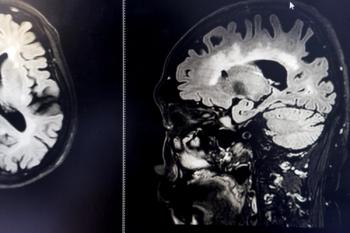
The default-mode network method, which was analyzed using functional magnetic resonance imaging scans, was approximately 80% accurate when predicting dementia up to 9 years prior to a diagnosis.

Donanemab was able to significantly slow clinical progression of Alzheimer disease and amyloid and tau pathology at 76 weeks of treatment.

The authors noted that these networks have a significant role in intellectual ability, physical coordination, working memory, emotional processing, and overall mental health.
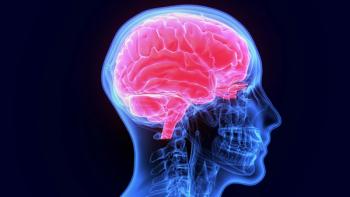
The investigators are optimistic that the data can establish stress-related pathways while revealing potential therapeutic options for patients with major depressive disorder and post-traumatic stress disorder.

In addition to racial inequities in access to care, socioeconomic challenges are very common for the specialty medications necessary in MS.

Understanding patients’ specific experiences and challenges is crucial to helping them improve medication adherence.

This is the largest dataset of pregnancy outcomes for an anti-CD20 therapy in MS, enabling a more comprehensive understanding of ocrelizumab’s safety.

In addition to medication management, pharmacists are educating patients and helping them navigate the complex medical system.

Although this data seems to overwhelmingly suggest that cannabis use has negative impacts for individuals with multiple sclerosis (MS), listening to patients’ reasoning for using it is crucial.
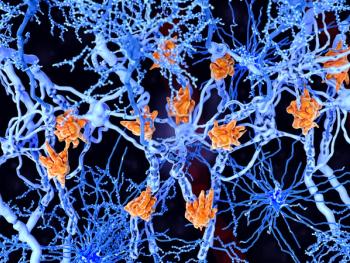
Subcutaneous ocrelizumab can be delivered in approximately 10 minutes and deliver comparable clinical benefit and safety to the IV formulation.

Although resources were scarce for teams at smaller private practices, the pharmacists all agreed that patient care is always the priority.
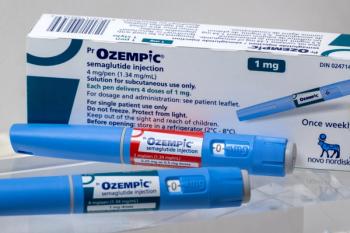
Data have shown the potential for the therapy to treat several new conditions.

The results showed that individuals treated with milvexian had a prolonged aPTT in a dose-dependent manner with limited effects of PT.

The results also showed that the PET scans could show damage to the individual’s brains, which was correlated with disability and fatigue.
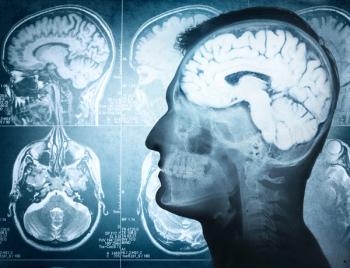
According to the speaker, the complexity of immune-related adverse events resulting from immune checkpoint inhibitors requires a lot of collaborative discussion between patients and providers.

Speakers in a presentation discuss a specific patient with MS who experienced urinary complications and the methods used to treat her.
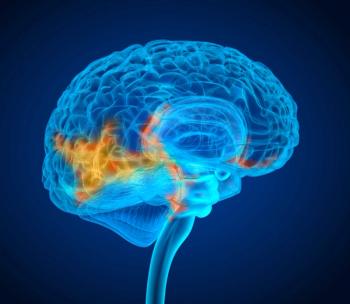
Tovorafenib is the first systemic therapy to be approved for the treatment of pediatric patients who have low-grade glioma with BRAF rearrangements or fusions.

With migraine as a leading disability for those under the age of 50, treatment options for migraine should be personalized to the patient and their needs.
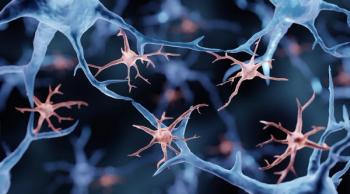
Frexalimab demonstrated a favorable tolerability profile after approximately 1 year of treatment for individuals with relapsing disease.
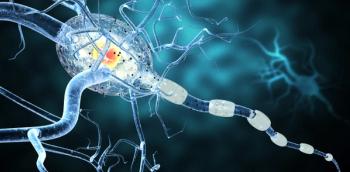
Ofatumumab (Kesimpta; Novartis) demonstrated a sustained efficacy as a first-line, continuous treatment for patients recently diagnosed and treatment-naïve with relapsing multiple sclerosis.

Speaker Monica Diaz describes the detrimental impact climate change has on the transmission and increases in infectious disease cases.

The extension trial of atogepant demonstrated an 8.5-day improvement of monthly migraine days at weeks 13 through 16 and no new safety signals were observed.
































